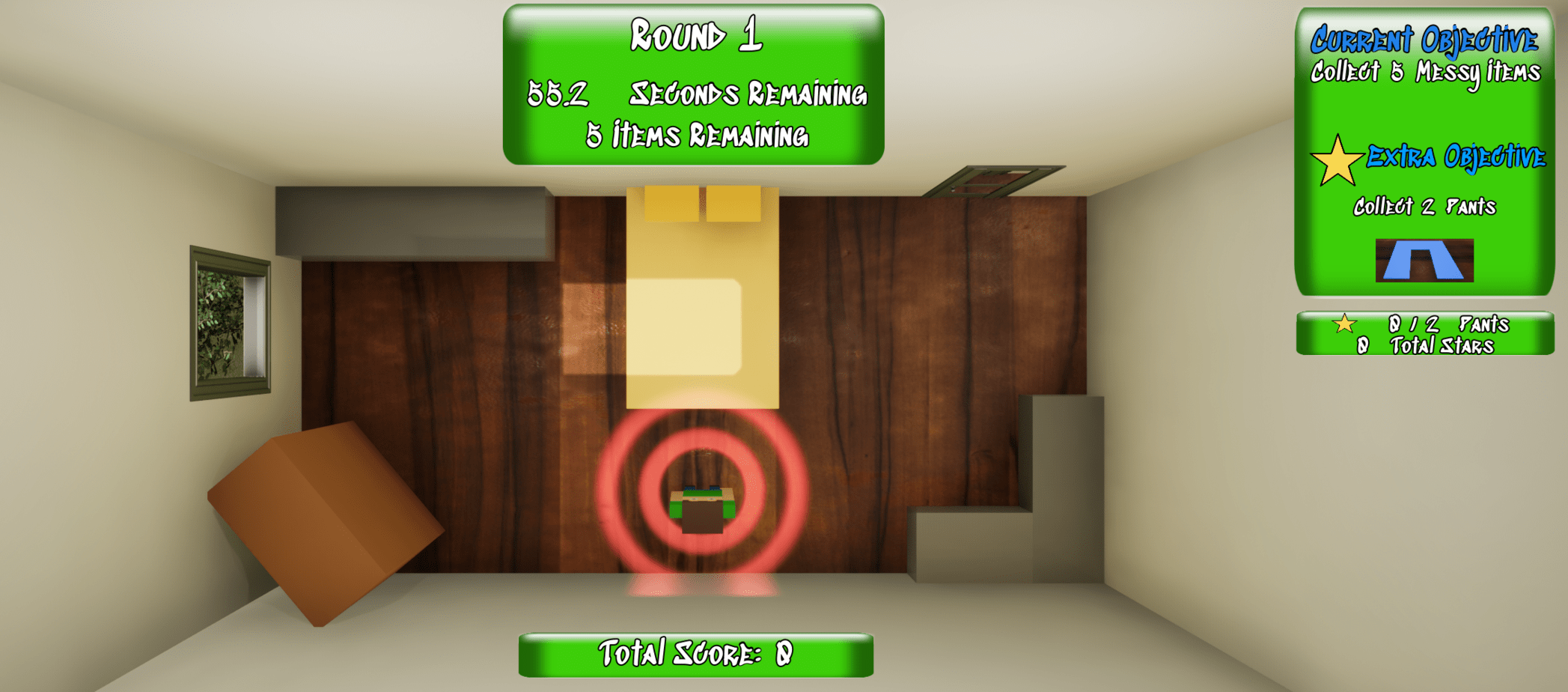

- #Dev clean structurix time how to#
- #Dev clean structurix time code#
- #Dev clean structurix time windows#
However, according to lwn.net Max Mount Count check may have been disabled by default as far back as 2011 and as mentionied in mikewhatever's answer on related question and the cited tune2fs(8) documentation in the question, there are other potential causes of fsck appearing on boot ( unclean unmount of the filesystem, cable or failing HDD sectors ,etc ). Therefore, it probably follows that all you have to do is to run tune2fs -c -1 /dev/sda to disable those messages. If max-mount-counts is 0 or -1, the number of times the filesystem is mounted will be disregarded by e2fsck(8) and the kernel. From tune2fs(8):Īdjust the number of mounts after which the filesystem will be checked by e2fsck(8). The whole idea of frontend and backend really has nothing to do with the business logic of your app, so it should be kept out of your business logic.
#Dev clean structurix time code#
It makes it really easy to reuse the same code across platforms. There is a tsc clean command, but it requires that you call the clean flag with the sorta-newish build command, like this: tsc -build. Speaking of health, systemctl -a /dev/sd is usually preferred to for checking health of a drive, and is indicated via how close things in VALUE column are close to THRESH column.Īnother way to indirectly disable on-boot fsck is to change the period at which those checks are performed. Clean architectures beauty is that it structures your code such that its platform independent. Compare output of fsck you see above, with df -i: $ df -i | grep 'sdb6' What you see is count of inodes, not actual files. However, I wouldn't recommend it, since after all it shows you health status of your filesystem.Īnd by the way, the output line you see is somewhat misleading as to what it actually says. Of course, you can disable check during boot time with making last column 0 ( provided that you have sudo or root access to edit such important system files).
#Dev clean structurix time windows#
Basically, because it checks your root filesystem, which I'm guessing is on /dev/sda2 and you either have Windows partition in /dev/sda1 or swap partition for virtual memory.
#Dev clean structurix time how to#
This answers couple questions as to why this happens and how to get rid of it. Defaults to zero (don't fsck) if not present. Filesystems within a drive will be checked sequentially, but filesystems on different drives will be checked at the same time to utilize parallelism available in the hardware. Other filesystems should have a fs_passno of 2. The root filesystem should be specified with a fs_passno of 1. This field is used by fsck(8) to determine the order in which filesystem checks are done at boot time. This means that your Ubuntu performs check at boot time, and is in fact configured in your /etc/fstab. The message you see comes from the output of fsck filesystem checking and repairing utility (see the last line): $ sudo fsck -V /dev/sdb6


 0 kommentar(er)
0 kommentar(er)
